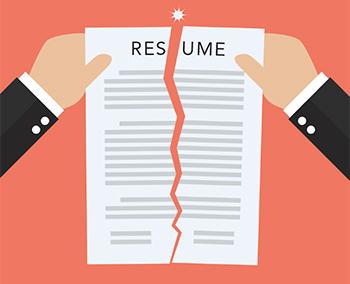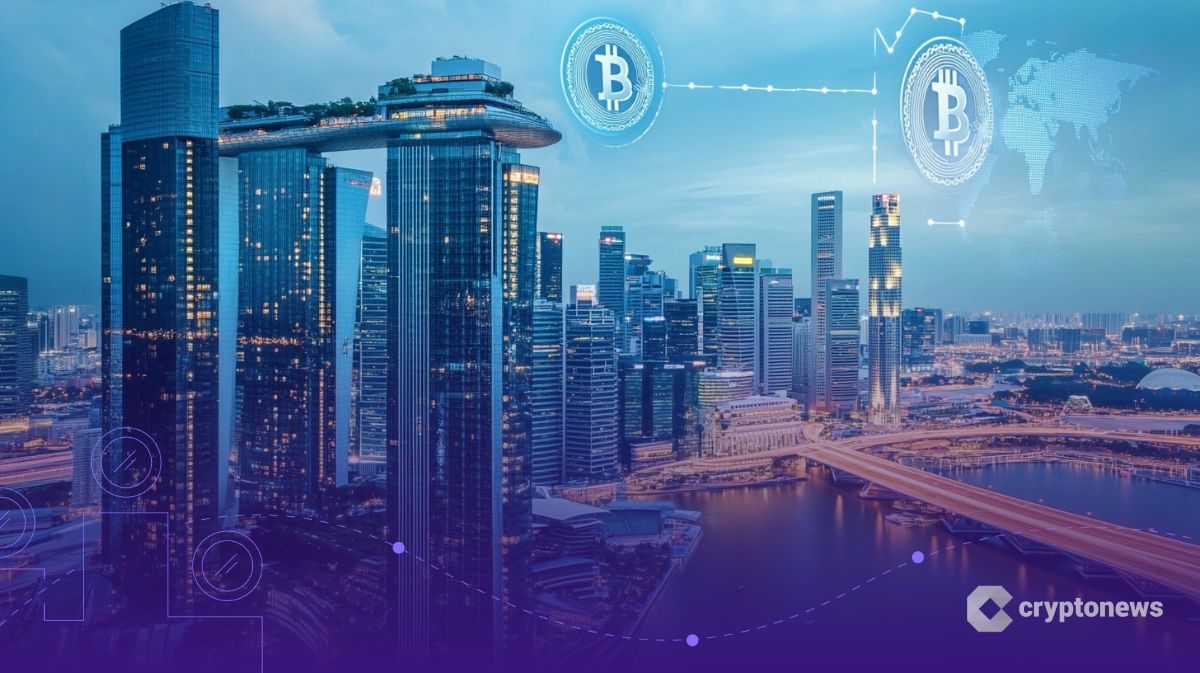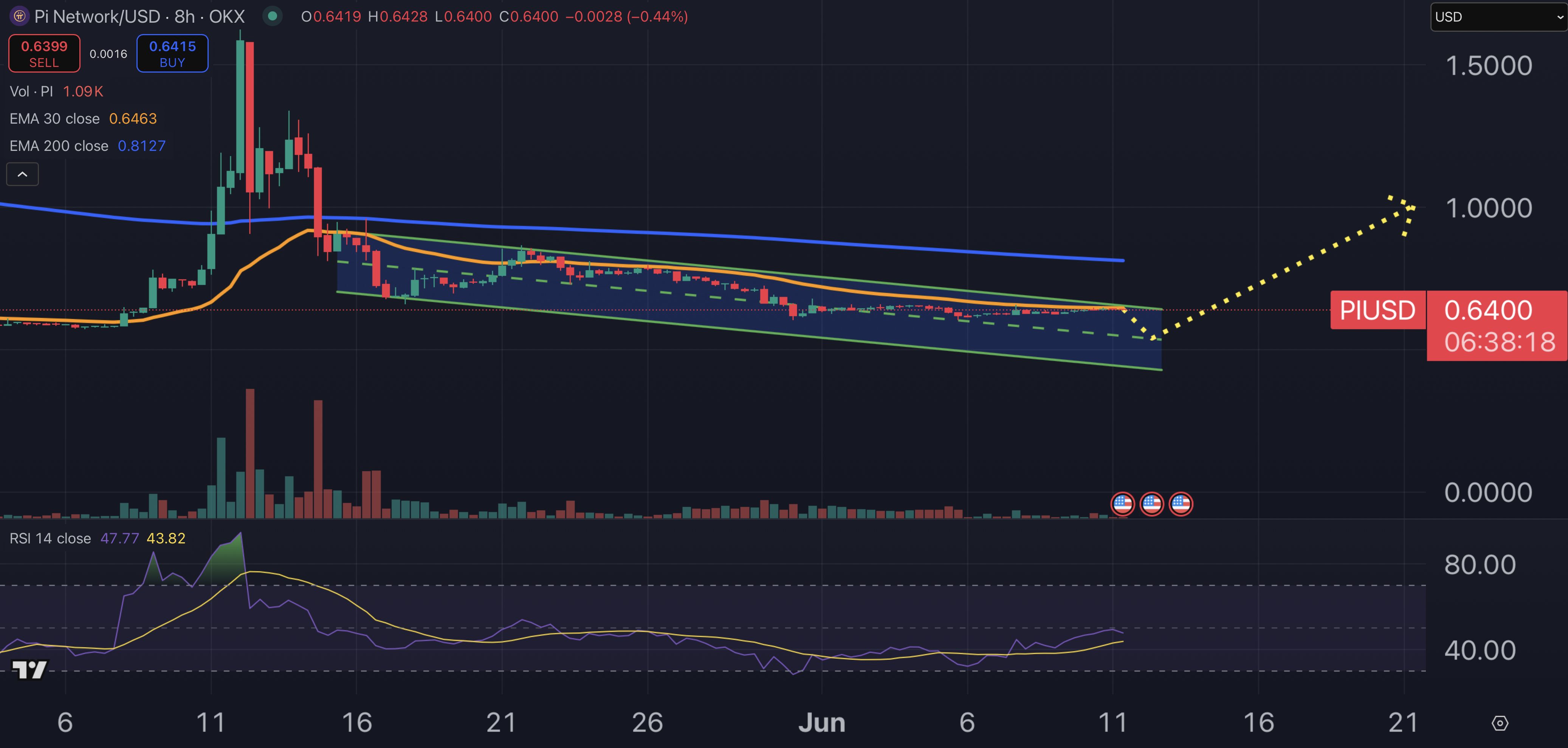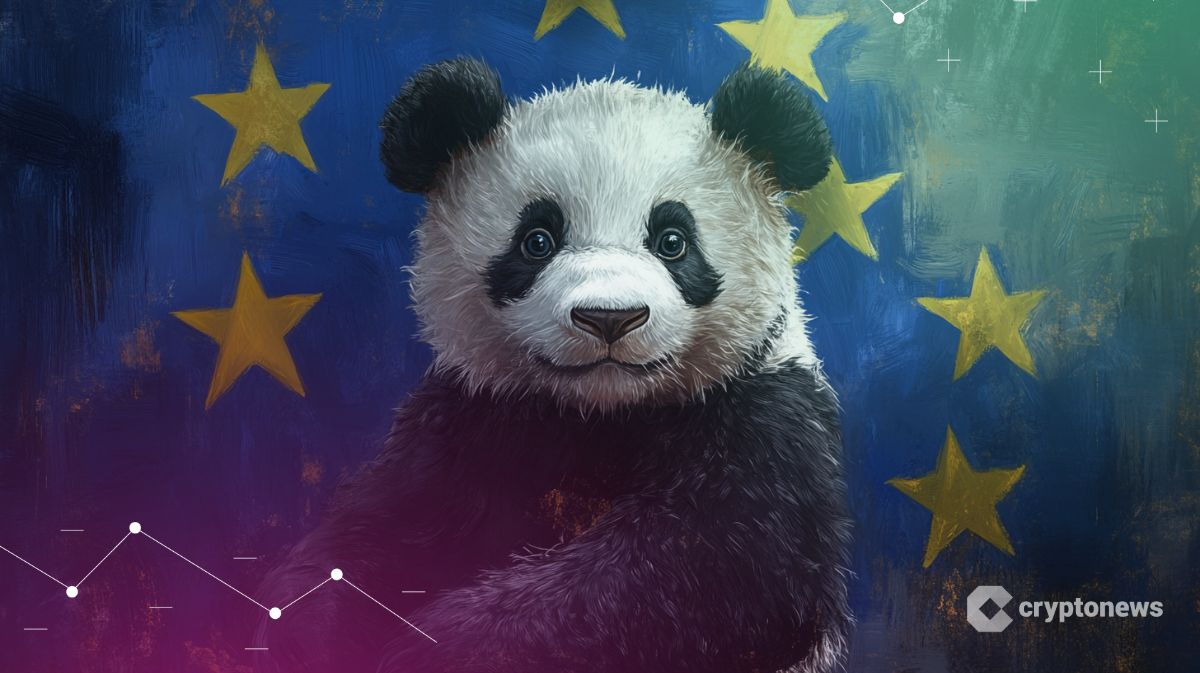Recent data from the Pew Research Center sheds light on public sentiment toward the role of artificial intelligence in hiring decisions, illustrating that plenty of potential applicants are hesitant to engage with certain technologies.
In a December 2022 analysis of 11,004 U.S. adults, 71% of respondents expressed opposition to AI making the final decision in hiring choices. In fact, around two-thirds of those surveyed said they would not want to apply for a job if AI were used to help make hiring decisions.
Yet some of the main concerns that job seekers might have about new hiring tech are misconceptions that HR leaders must be prepared to address. Here are a few that experts in the field discussed with HRE.
Will AI use facial recognition?
Dr. Lindsey Zuloaga, the chief data scientist at digital hiring platform HireVue, dispels the notion that AI-driven hiring technologies rely on facial recognition. She argues that video assessments, like those utilized by her firm, focus exclusively on evaluating language. HR leaders need to communicate that this tech helps candidates articulate experiences and actions related to critical competencies for their desired roles.
HireVue’s approach highlights the evolution of technology in recent years. In January 2021, the company removed the visual analysis component from its assessments, citing advancements in natural language processing. Zuloaga emphasizes that the goal of hiring tech is to provide decision support by analyzing key faculties, gaining insight into a candidate’s abilities and alignment with company values.
Does AI make hiring decisions?
To counter fears of AI autonomously making hiring decisions, Zuloaga emphasizes that HR leaders need to communicate that artificial intelligence is only a tool to offer decision support to human hiring teams. The final determination, she asserts, must remain in the hands of humans. Zuloaga underscores that applicants must feel reassured that artificial intelligence does not replace human decision-making and that hiring decisions will not hinge solely on a technical assessment or AI-powered interview.
Will AI protect from bias?

A report from CVWizard reveals that nearly 70% of respondents aged 18 to 60 prefer an anonymous job application process to reduce the risk of bias. Half of the respondents reported experiencing negative bias during the job application process. This underscores the importance of addressing bias concerns upfront during the hiring process.
In particular, HR leaders need to be mindful of the legal obligations associated with AI in hiring. Illinois introduced the Artificial Intelligence Video Interview Act in 2022 to ensure accountability. It doesn’t appear that state regulations will stop there.
Dr. Matthew Neale, vice president at talent assessment org Criteria Corp, told HRE that there are more than a dozen other bills proposing similar legislation, emphasizing the need for employers to be vigilant in their use of AI in the hiring process. New York City’s Automated Employment Decision Tools law also mandates employers audit AI-driven hiring processes to identify and rectify biases.
Using AI in hiring seems to present a fresh risk of bias, but Neale reminds HR leaders that the “fundamentals of a good practitioner” remain consistent. According to Neale, one key difference that will materialize with the new legislation is that applicants will have the opportunity to opt out of AI use, offering further transparency for job seekers.
Will AI make hiring faster?
Despite recent scrutiny, many HR leaders have embraced AI embedded in recruiting and applicant systems. A Harvard Business School report indicates that over 90% of employers surveyed in Germany, the U.K. and the U.S. use machine learning to filter or rank candidates. While automation streamlines hiring processes, Zuloaga stresses that AI-assisted interviews are designed to complement face-to-face interactions. She says that candidates and HR teams will benefit from an expedited screening process that facilitates swifter advancement for top candidates.
While concerns about bias and legal implications persist, striking a balance between technological advancements and compliance will be essential. “AI is not a replacement for human decision-making,” according to Zuloaga. “No decision should be made on a single technical assessment or [AI-powered] interview.”
Credit: Source link











